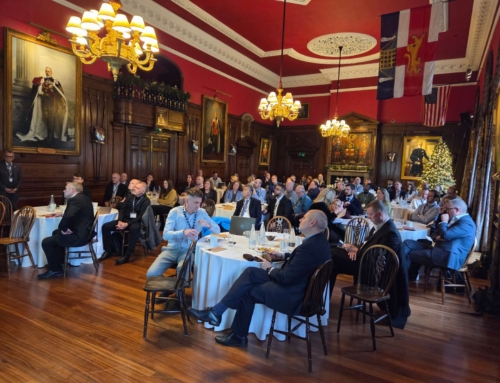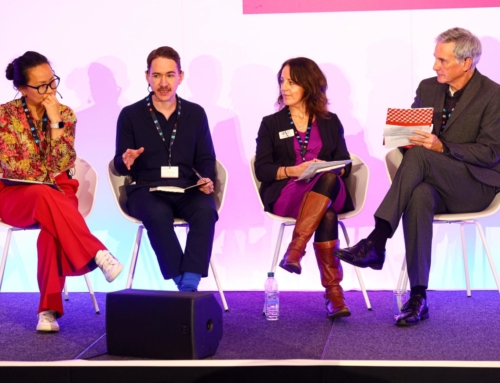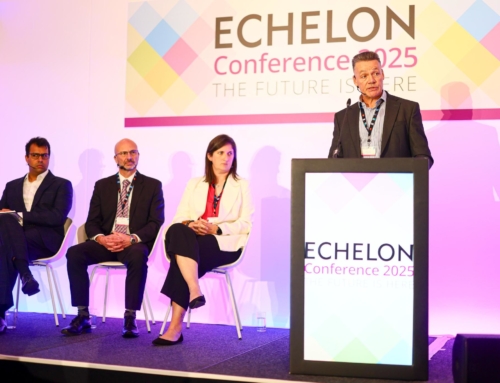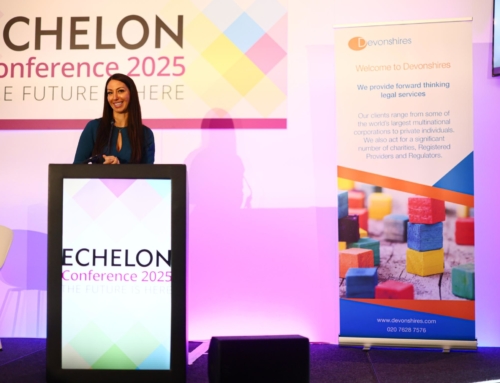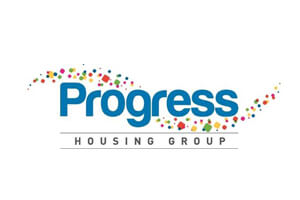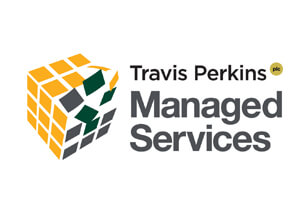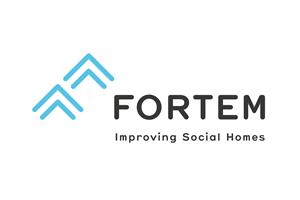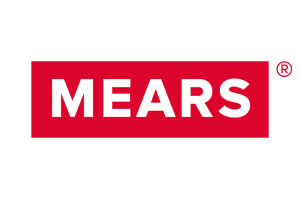The great debate: from social value to skills
December’s AMIP meeting took place in the grand surroundings of the Speech Room at Harrow School and involved a day of interactive discussion and debate, with former Harrow beak Mark Ridgway, covering everything from the housing sector’s image to social value and skills.
Delegates were asked “with an additional £10 million to spend, where would investments make the most impact in the social housing sector?”
There were a number of different ideas put forward by each table including:
- Investing in existing stock
- Improving IT infrastructure and automation
- Increasing stock and considering rooftop development, modular construction etc
- Focusing on retrofit and energy usage
- Training programmes to tackle the skills shortage
- An increased focus on encouraging people into the sector and raising awareness of opportunities
- Developing a countrywide apprenticeship scheme
- Accurate stock condition reports and stock data, to ensure that money is spent efficiently
- Reducing homelessness and creating new homes
Delegates were asked to consider all of the arguments that had been put forward, and to pick one to focus on.
Industry-wide campaign
It was agreed that the money would be best spent on something with a wide-reaching impact, that would generate further investment, rather than a development programme, for example, which would just be a drop in the ocean.
The key takeaway of the morning was the need to attract more individuals into the sector and to raise awareness of available career opportunities through a comprehensive industry-wide campaign, creating a stronger housing sector for the future.
It was felt that the trades are often devalued and that there should be a focus on highlighting the many benefits of learning a trade, and the role that tradespeople play in compliance and the safety of the sector.
The afternoon debate, led by Julian Sanz, Head of Social Value at Mulalley, looked at social value purpose vs profit and delegates were tasked with coming up with a definition of what social value means for the sector.
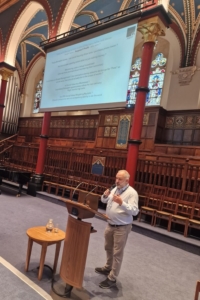
These included
- Delivering tangible outcomes within communities
- Aligning with the needs of the community
- Improving residents’ lives
- Creating a lasting legacy
- Creating permanent positive changes within communities
Julian encouraged the attendees, which included representatives of both client organisations and contractors, to be open and honest with each other and not to be afraid to say what they think.
Delegates were also asked to consider questions including:
- Is true social value really being delivered, or is it just being used to “community wash” current issues such as the cost-of-living crisis, under investment in community spaces and youth unemployment.
- Are contractors and clients just ticking boxes?
- Are we prioritising big social return on investment figures and losing focus on real outcomes?
Meaningful social value
They discussed meaningful social value and what that looks like and questioned whether the social value initiatives that contractors are required to provide genuinely align with the needs of communities, as well as the challenges of identifying and understanding that need. There was also an emphasis on the importance of maintaining realistic expectations regarding what can and cannot be achieved.
Volunteering is often looked at as a physical loss of productivity to businesses, said Julian but in reality there are huge benefits. He outlined how community match making sites such as Match My Project, enable communities and contractors to collaborate directly while the client can still monitor delivery, with a focus on real outcomes rather than Social Return On Investment.
He talked about the Mulalley Market Place initiative, which was set up to save money on waste material collection. The scheme has now helped community groups, charities and colleges with donations worth over £110,000 while saving Mulalley thousands of pounds in waste reclamation costs.
The session rounded off with each table giving a ‘live’ example of social value from one of their organisations.
After a morning of debate, delegates enjoyed a lunchtime tour of Harrow’s classrooms and grounds. They visited the original school building, which was used as a filming location for scenes from Harry Potter and The Philosopher’s Stone, as well as the Alex Fitch room created by the parents of the former Harrovian who was killed in the First World War, to honour his memory.
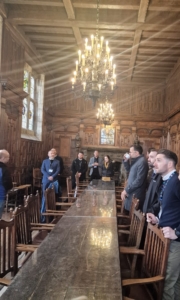
Skills shortage
The final session was an exclusive AMIP roundtable focused on the skills shortage, led by Matt Baird, founder of The Social Housing Round Table on LinkedIn.
Building on the themes discussed earlier in the day, it asked “Is the social housing sector woefully unprepared for the skills shortage crisis and what can be done to attract the next generation of talent?”
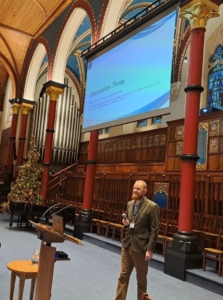
Setting the scene, Matt asked if the sector is set up to attract Gen Z workers.
Delegates considered how company cultures can adapt to suit the work/life balance of 19/20 year olds and talked about the different way in which young people consume information and knowledge in a world where they have constant, instant access to data. There was also some discussion around highlighting the demand for tradespeople and the high wages that can be earned, as money is often a big focus for the younger generation.
There was recognition that many people working in the sector fell into it, rather than actively pursuing housing careers and there is little understanding of the breadth of career opportunities that are available. There is also a stigma around the trades, which are often viewed as a last resort.
Matt talked about attracting skilled people from other sectors, explaining to delegates that when they’re recruiting for a new role “the market you’re trying to recruit from is each other!”
There was some discussion around harnessing social housing’s role in improving lives, to attract people into the sector, with messaging focused on being part of something worthwhile and having pride in what you do.
The challenges of retention were also discussed with it being described as a big a challenge as recruitment in the first place, with many tradespeople leaving companies to set up as self-employed once they’re trained.
“How do we find ways to keep people on?” asked delegates.
READ NEXT: Recruitment and retention explored in Competence and Conduct group
![AMIP 10 Dec [80] AMIP 10 Dec - social value and skills](https://www.echelonip.co.uk/wp-content/uploads/2024/12/AMIP-10-Dec-80.jpeg)


